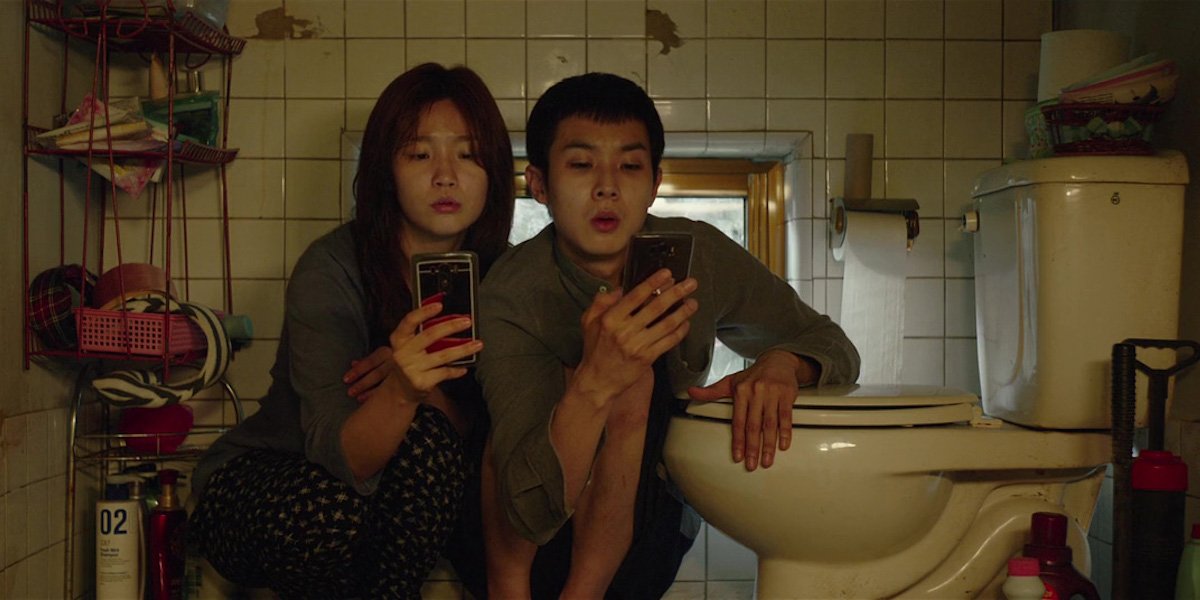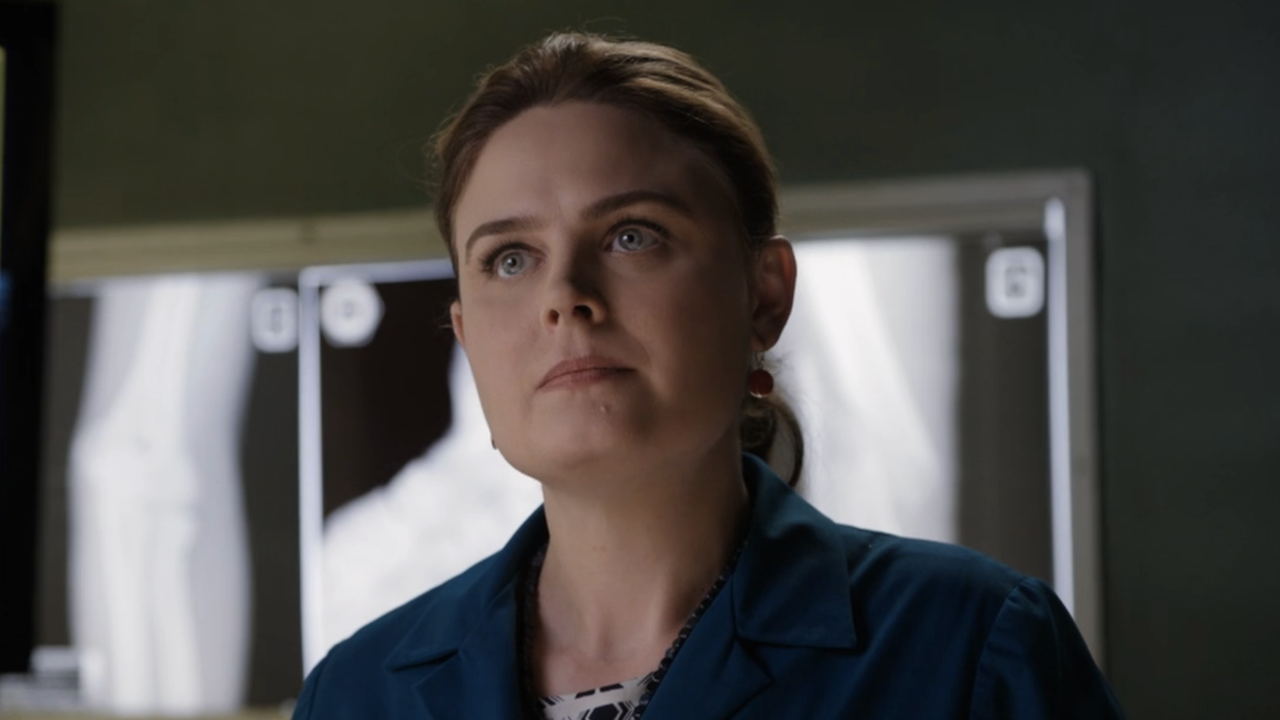The 10 Best Korean Movies Ranked, Including Parasite
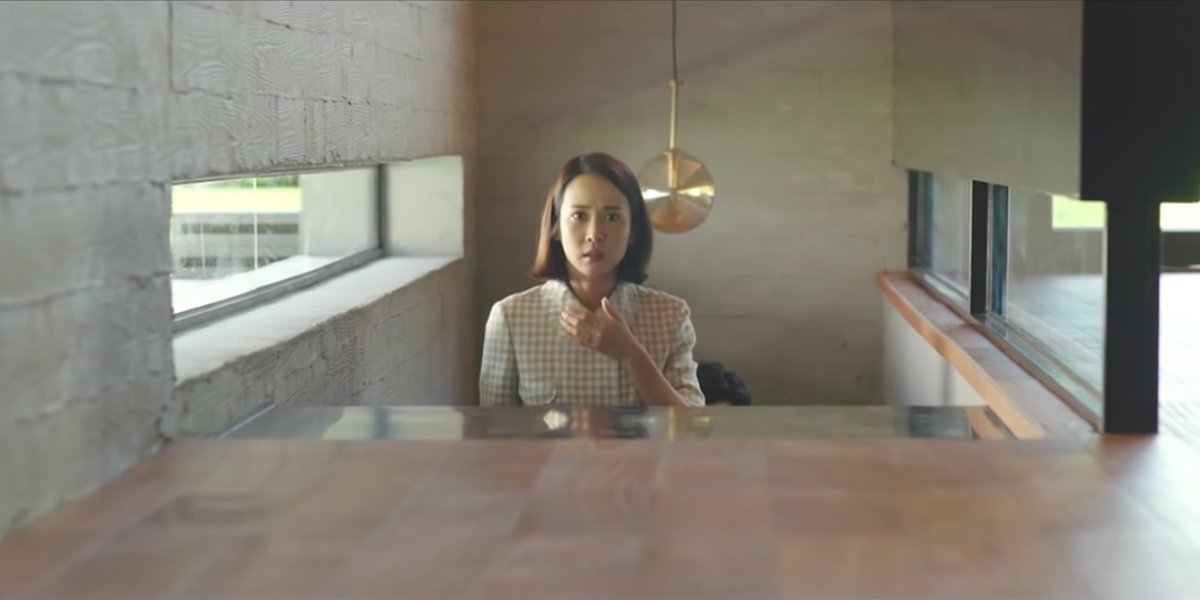
Your Daily Blend of Entertainment News
You are now subscribed
Your newsletter sign-up was successful
Bong Joon-ho and his 2019 masterpiece Parasite shocked the world in early February when the film took home the top honors at the 2020 Academy Awards. Beating out films like 1917, Ford v Ferrari, and other critically acclaimed pictures, Parasite became something of a cultural phenomenon and has exposed the world to the beauty and craft of Korean movies. Thanks to Parasite and its creator, American audiences will now become more familiarized with his earlier films as well as the films produced by other visionary Korean filmmakers.
Korean cinema has had a long and storied history of producing some of the most inventive, artistic, and shockingly violent movies the world has ever seen. To make things easier for everyone looking to explore the depths of the Korean film world, we’ve compiled a list of 10 of the best films to come out of the East Asian nation. From tales of love and revenge to those of families coming together in the most trying of times, here is just a sampling of what Korean cinema has to offer.
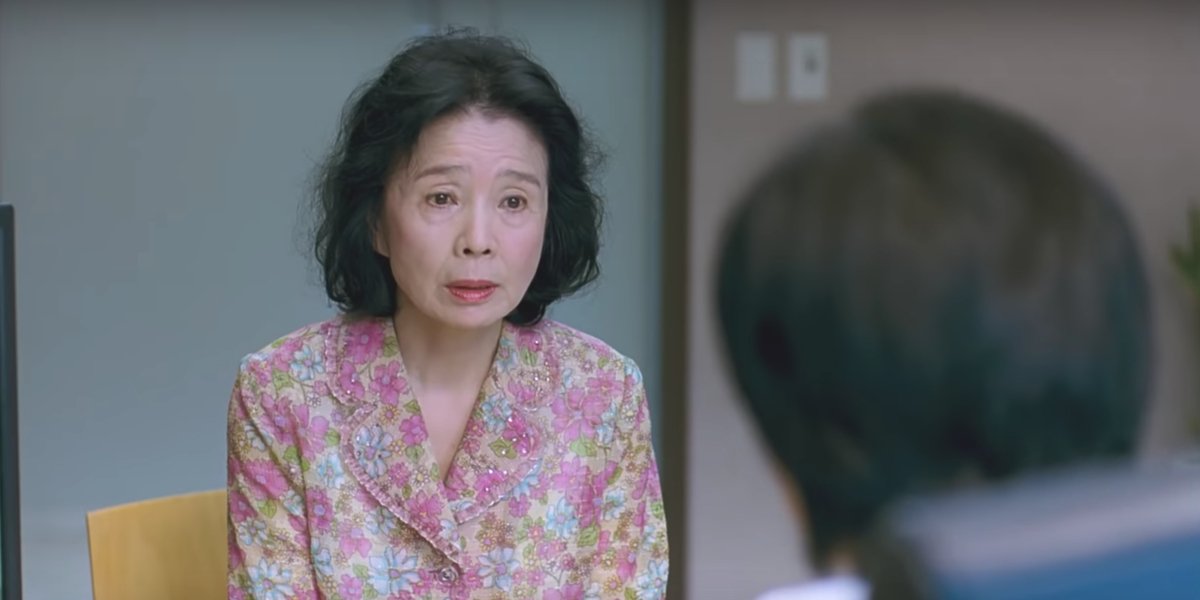
10. Poetry (2010)
Released in 2010, Lee Chang-dong’s Poetry centers around an elderly woman, Yang Mi-ja (Yoon Jeong-hee), who has recently taken up a poetry class after being diagnosed with Alzheimer’s disease and realizing that her grandson is responsible for the brutal group sexual assault of a female student who subsequently committed suicide. Over the course of the film, Yang is forced to confront her grandson, the victim’s mother, and the parents of the attackers, all while her mental state deteriorates.
This movie, like much of Korean cinema, is not for the faint of heart and explores topics such as violence, corruption, losing faith in one’s family, and losing your grasp on your own mental awareness. Despite all of this, Poetry is a strikingly beautiful piece of cinema and offers audiences peace, love, and tranquility through its numerous poetry scenes and as Yang makes sense of her grandson’s crime and her own fleeting memory.
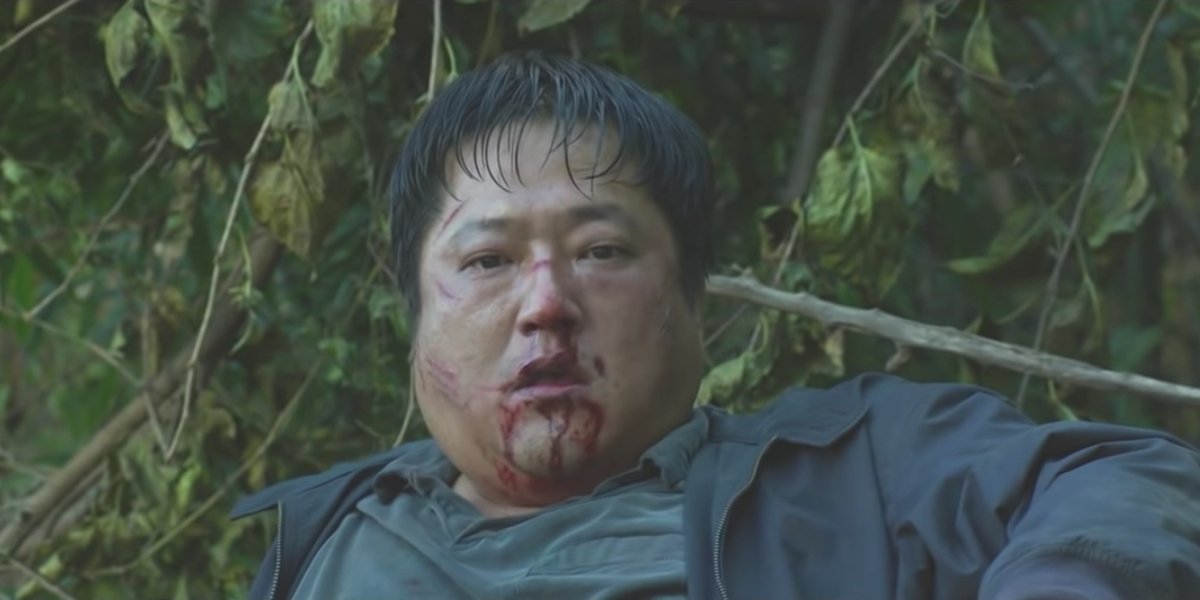
9. The Wailing (2016)
Released in 2016, Na Hong-jin’s The Wailing tells the story of a small village that has been taken over by a mysterious epidemic of rage and violence upon the arrival of a suspicious stranger. Over time, the rage and suspicion turns to something more sinister as the villagers begin to brutally murder one another. The Wailing features compelling performances from Kwak Do-won as police detective Jong-goo and Hwang Jung-min as Il-gwang, a shaman who has been hired to protect the village who is called in after Hwang’s daughter, Hyo-jin (Kim Hwan-hee) becomes infected with the same condition.
What starts out as a simple story of villagers fearing and condemning a stranger new to town quickly turns into a complex narrative revolving around demons, witches, and other spiritual and supernatural entities. This Korean horror movie is a must-watch for anyone who is a fan of the genre.
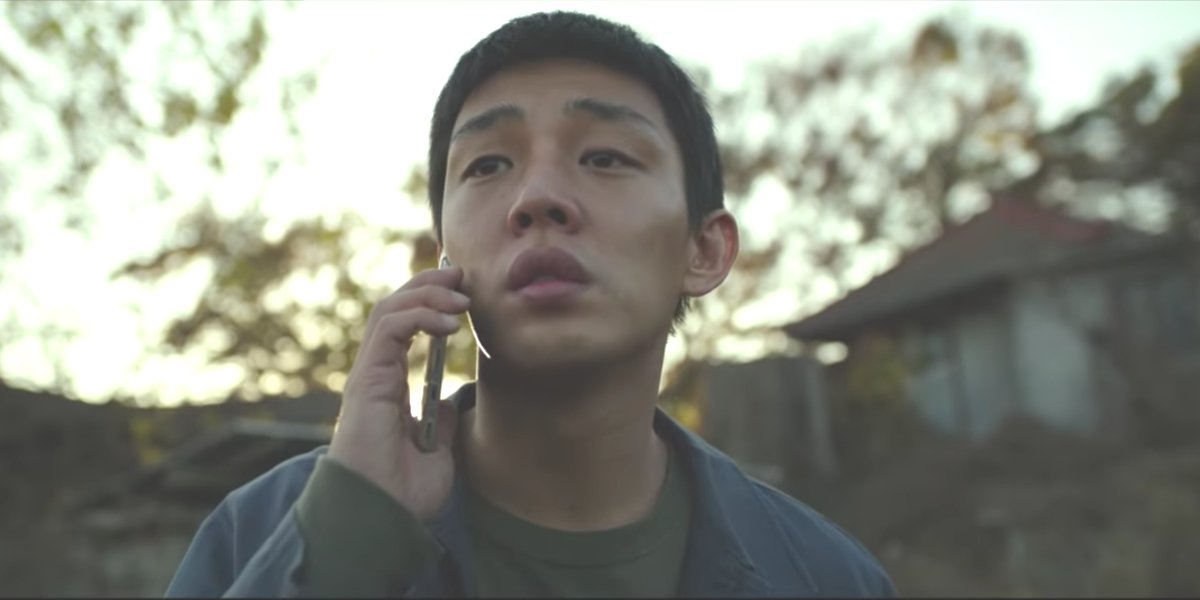
8. Burning (2018)
Released in 2018, Lee Chang-dong’s Burning follows what seems to be a love triangle involving aspiring novelist Lee Jong-su (Yoo Ah-in), his childhood friend Shin Hae-mi (Jeon Jong-seo) and Ben (portrayed by The Walking Dead’s Steven Yeun), but as the plot unfolds, we realize that this is anything but a simple romantic feature. Before Ham-mi goes off for a trip to Africa, she asks Jong-su to watch her cat, Boil, while she is gone. Upon her return, Hae-mi is joined by the mysterious, and wealthy, Ben. Once Ben reveals to Jong-su what he likes to do in his free time, the tone of the picture changes entirely.
Your Daily Blend of Entertainment News
Without giving too much away, the title of the film, Burning, is shown to have more than one meaning, as we find out throughout the course of this highly praised piece of Korean cinema.
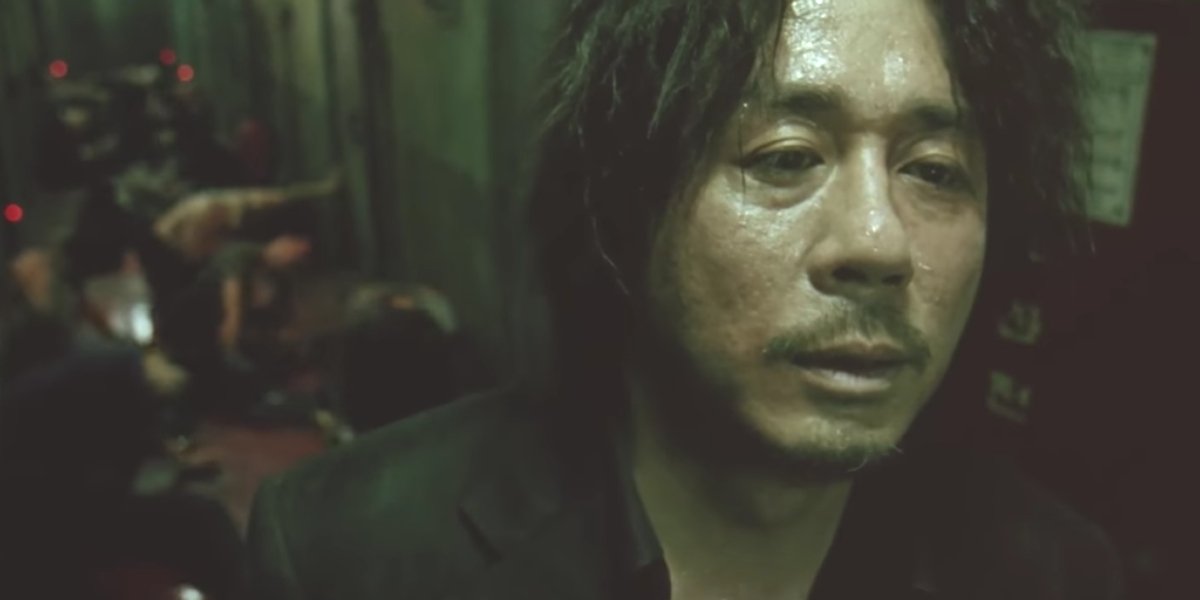
7. Old Boy (2003)
Released in 2003, Park Chan-wook’s Old Boy (not to be confused with 2013 American remake by Spike Lee), is perhaps one of the most gutting movies I have ever seen. This action-packed, traumatic, and at points, disgusting movie, tells the story of Oh Dae-su (Choi Mink-ski), who has been imprisoned for the past 15 years for reasons unknown to him. Over the course of his imprisonment in a hotel room, Oh spends his time training, planning, and contemplating the life decisions that led him there.
Old Boy goes into overdrive once Oh is released from his confinement and attempts to find the person, or persons, responsible for his capture 15 years earlier. This journey takes audiences to places they never thought they could or wanted to go once they get there. Without giving too much away, the twist at the end of this film is one that we’re still talking about 17 years after the film was first released. One thing that is for sure is that Old Boy gives us one of the most gratifying single-take shots in all of cinema in the infamous hallway fight scene.
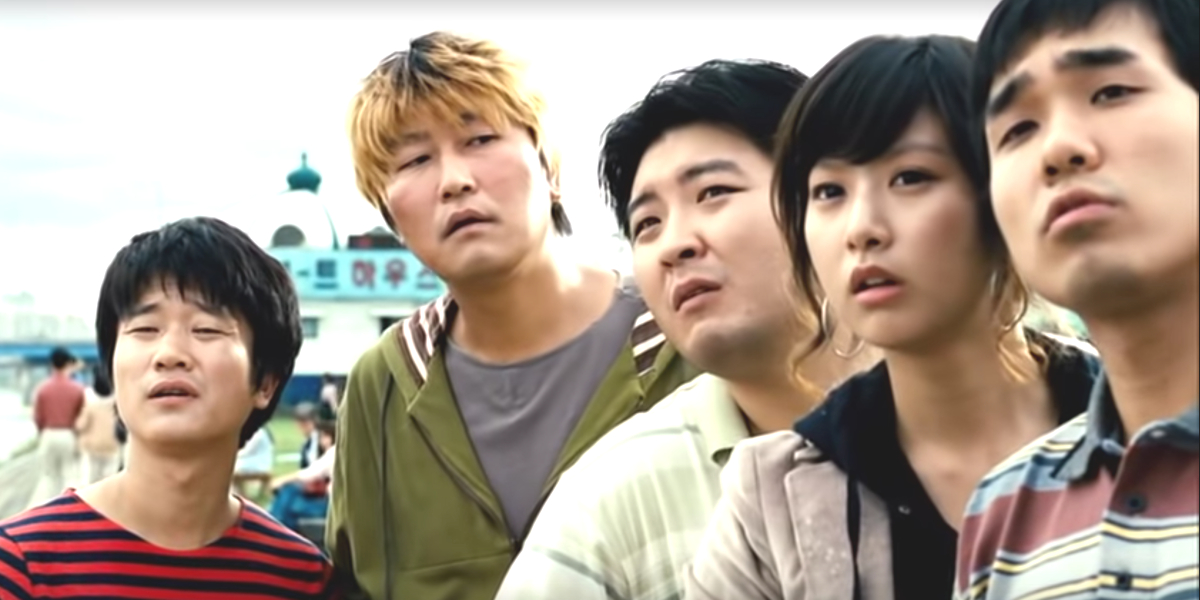
6. The Host (2006)
Long before Bong Joon-ho introduced the world to Parasite, Snowpiercer, and even the criminally underrated Okja, the visionary filmmaker was busy with movies like Memories Of Murder (more on that later on) and the 2006 monster film The Host. Touching on a lot of the same themes seen in Parasite, The Host centers around Park Gang-du (Parasite’s Song Kang-ho) and his family after his daughter is viciously abducted and eaten by a monster who lives in the nearby Han River.
What follows is one of the most inventive takes on the monster movie genre in decades, one that would earn the film’s creator international praise and a stepping stone for larger-scale movies later on in his career.
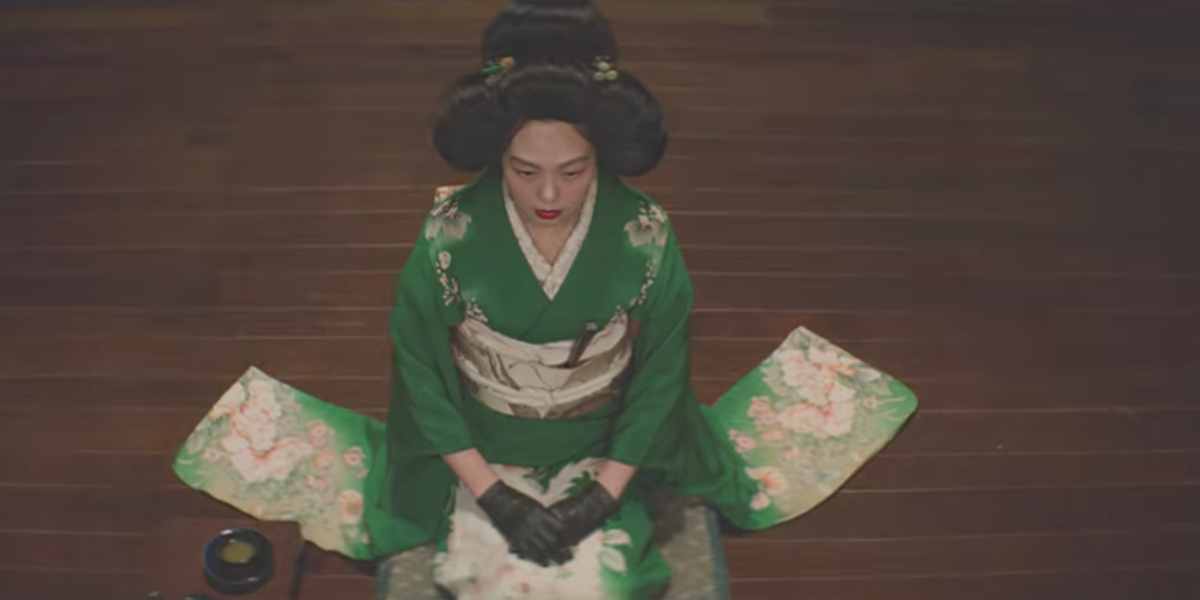
5. The Handmaiden (2016)
Released in 2016, The Handmaiden is a retelling of the novel, Fingersmith by Welsh novelist Sarah Waters from the Park Chan-wook, the director of Old Boy. Set in 1930s colonial Korea and Japan, The Handmaiden tells a story about the relationship between a young Japanese woman and her Korean handmaiden, who happens to be a part of a plot to defraud her wealthy employer.
Anyone familiar with Park’s previous titles like Sympathy For Mr. Vengeance, Lady Vengeance, or Thirst will know what to expect before even starting this movie. Combine that with lurid details from the Victorian era found in the original source material, and you have yourself the recipe for a sensational tale of love, murder, and all other sorts of evil.
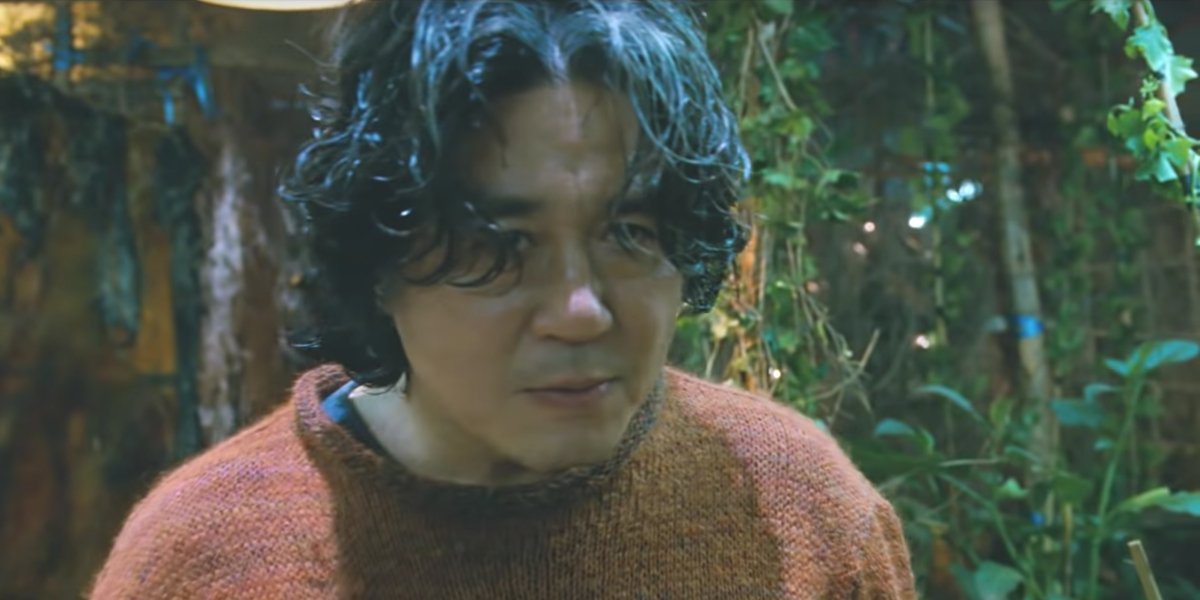
4. I Saw The Devil (2011)
Released in 2011, Kim Jee-woon’s I Saw The Devil asks a simple question: How far would you go in order to get revenge? That question is answered and then some in this critically acclaimed crime thriller. Centered around the reign of serial killer Jang Kyung-chul (Oldboy’s Choi Min-sik) and Kim Soo-hyun (Lee Byung-hun) the man hellbent on bringing him to justice after his pregnant fiancée is brutally murdered, the film explores how far a grieving man will allow himself to fall down an evil path in order to get justice for the murder.
By the time this brutal and heartbreaking film comes to an end, it’s hard to say whether or not the Soo-hyun is justified in his approach to justice and even harder to tell the difference between the heroes and villains of its story.
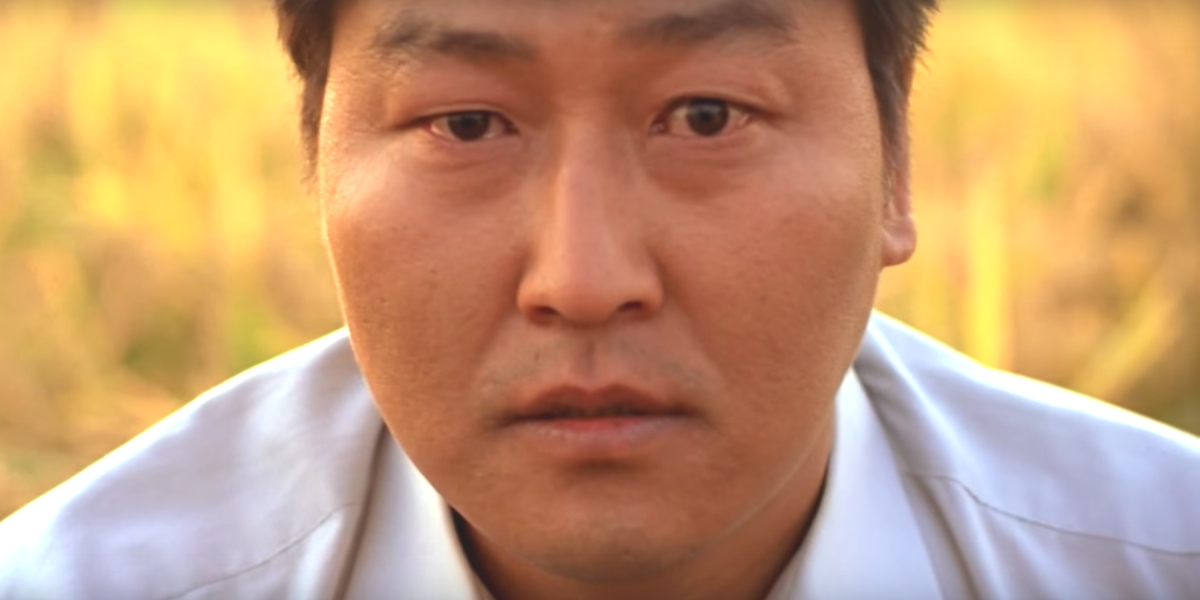
3. Memories Of Murder (2003)
Released in 2003, Bong Joon-ho’s Memories Of Murder is based on the true story of the fumbling small-town police detectives who fudge the case involving South Korea’s first recorded serial killer, which took place between 1986 and 1991. Starring Song Kang-ho as Park Doo-man, the detective in charge of the case, and Kim Sang-kyung as Seo Tae-yoon, a detective from South Korean capital, Seoul, Memories Of Murder accurately portrays the frustrating attempts at solving the historic serial killings and man behind the crimes.
This was only Bong’s second feature film (he released Barking Dogs Never Bite in 2000), and is a must-watch for anyone who wants to see more from the Academy Award-winning filmmaker. People who don’t like unhappy endings should be aware, however, as this crime drama isn’t for the faint of heart.
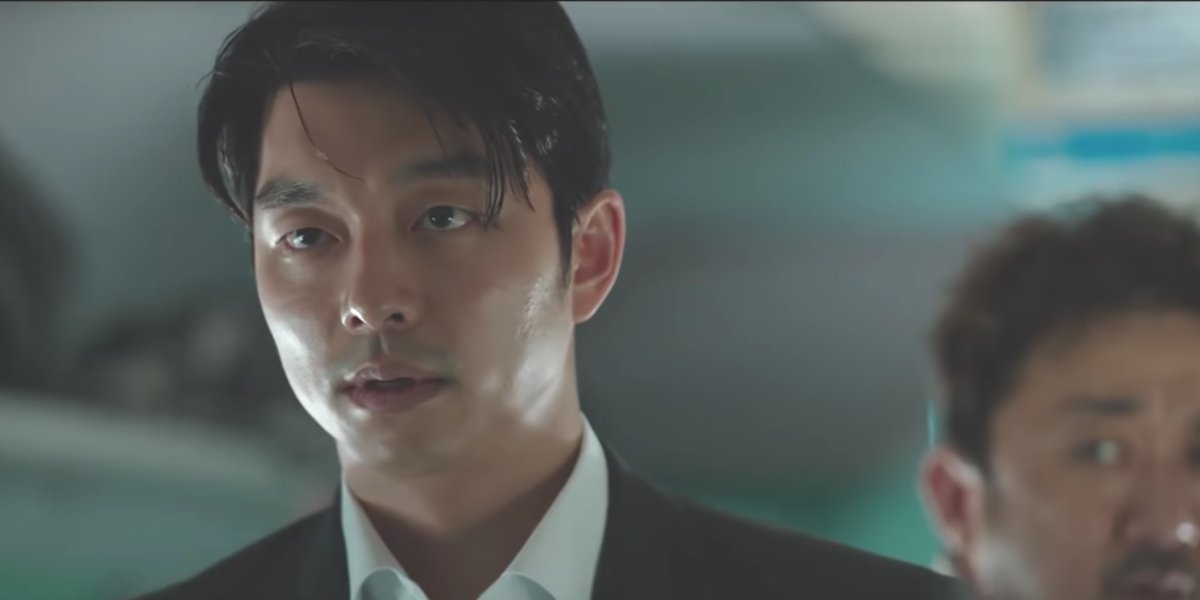
2. Train To Busan (2016)
In 2016, Yeon Sang-ho gave international audiences one of the most engaging, emotional, and terrifying zombie movies to be released in the past 20+ years with Train To Busan. Taking place primarily on a bullet train headed towards the city of Busan, the film explores ideas such as the treatment of impoverished citizens, how they’re viewed by society’s elites, and how in one shape or form, death is coming for all us. The film also touches on the true meaning of parenthood, redemption, and finding the will to survive in the face of certain death.
This emotionally complex zombie film is anchored by memorable performances by Gong Yoo as Seok-woo, a work-obsessed father trying to get his daughter, Su-an (Kim Su-an) to her mother’s house in Basan, and Ma Dong-seok as Sang-hwa, a tough, muscle-bound man traveling with his pregnant wife, Seong-kyeong (Jun Yu-mi). Throughout the film, both men do whatever it takes to protect the lives of the loved ones as they learn what it means to be a father. These examples of sacrificing oneself for others lead to one of the most satisfying and heartbreaking conclusions to any zombie film to be released in a very long time.
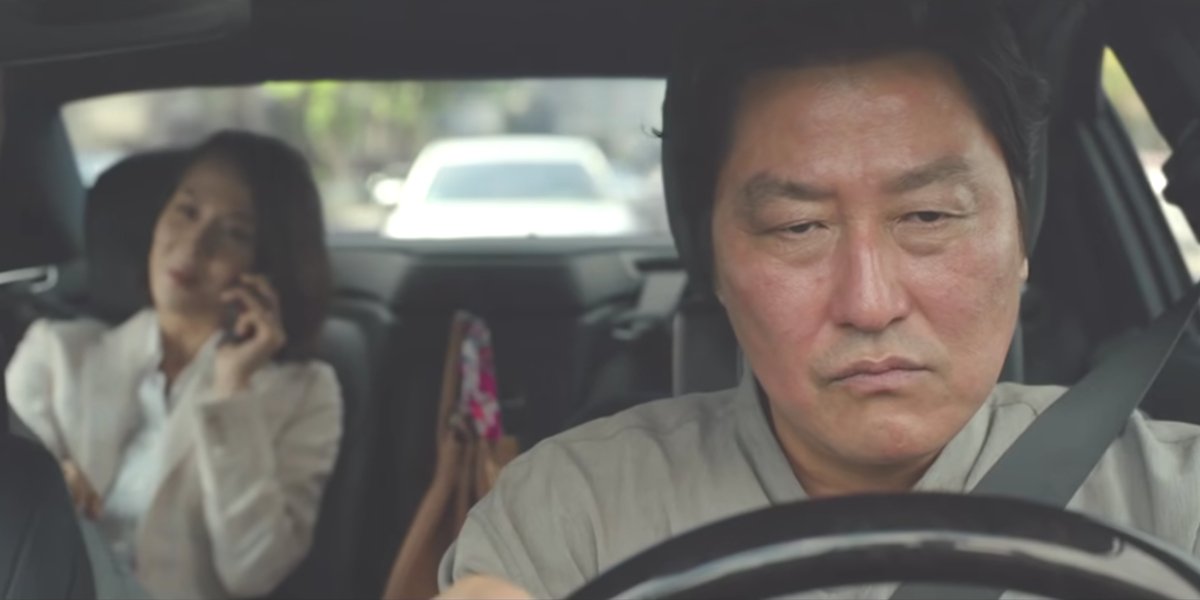
1. Parasite (2019)
And then there is Parasite. What can be said about this movie that hasn’t already been said? It took home the top honors at multiple awards shows in early 2020, including Best Original Screenplay, Best Director, and Best Picture at the 92nd annual Academy Awards. This movie is that good.
For Parasite, Bong Joon-ho took elements and ideas nearly every one of his previous movies, including the close-knit bond of the economically-depressed Kim family and how their closeness and lack of prosperity juxtaposes against the well-off but distant Park family who they come to serve. We won’t go into great detail about the intricacies of the film’s plot, but we will say go see this movie. You might think that the film is over-hyped, but this is one of those rare instances where a film exceeds all expectations. Once you’ve seen the film for yourself, make sure to check out our explanation of the film’s mind-boggling ending.
There you have it… 10 of the best Korean movies. We can’t recommend any of these enough, so do yourself a favor and add each of them to your watch list. And don’t worry, you’ll get used to the subtitles in no time at all.

Philip grew up in Louisiana (not New Orleans) before moving to St. Louis after graduating from Louisiana State University-Shreveport. When he's not writing about movies or television, Philip can be found being chased by his three kids, telling his dogs to stop barking at the mailman, or chatting about professional wrestling to his wife. Writing gigs with school newspapers, multiple daily newspapers, and other varied job experiences led him to this point where he actually gets to write about movies, shows, wrestling, and documentaries (which is a huge win in his eyes). If the stars properly align, he will talk about For Love Of The Game being the best baseball movie of all time.
